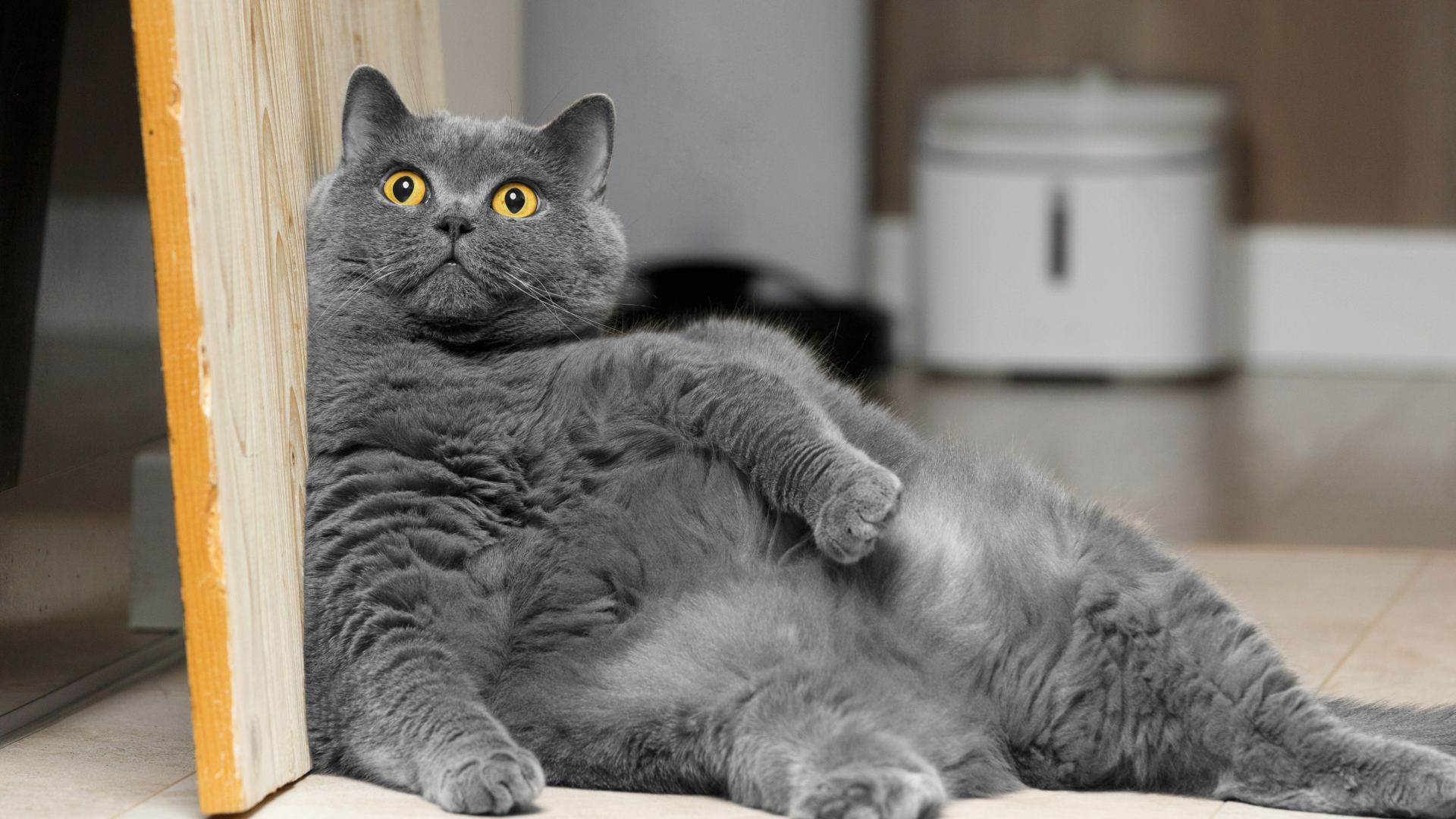Cat and kitten vaccinations: Are they actually important?
You may be pondering cat and kitten vaccinations but do they really need to have a jab?
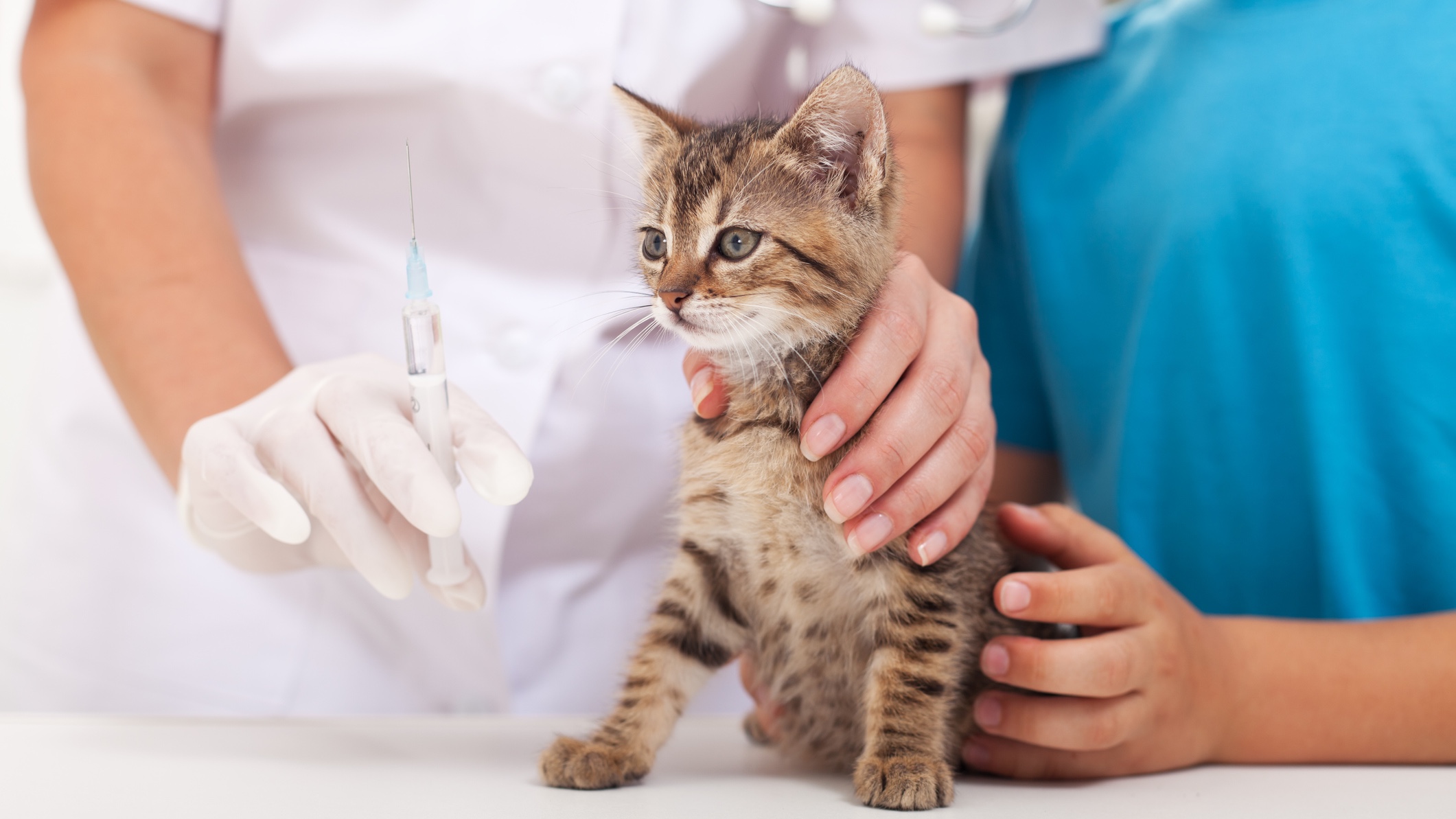
- What vaccinations do kittens need?
- When should a kitten be vaccinated?
- What to expect at a vaccine appointment
- Are kitten vaccinations stressful for your pet?
- Do indoor kittens need vaccinations?
- Do I need to vaccinate an adult cat?
- Kitten vaccinations schedule
- Is it too late to vaccinate my cat?
- Potential side effects of vaccinations
- Cost of vaccinations and neutering
Understanding more about cat and kitten vaccinations is vital. By knowing what shots your pet needs and by keeping to the correct schedule, you’re able to ensure your kitty is protected against a whole host of diseases. You can also help to prevent your cat from passing on infections to other animals, making it one of the most responsible things you will do.
Indeed, in much the same way that feeding your pet the best kitten food is going to help maintain health and wellbeing, vaccinations give cats a good start to their life. To that end, you should begin preparing for your kitten's first vet visit and it’s also a good idea to take out the best pet insurance for additional peace of mind.
Here, expert vet Dr Hannah Godfrey explains more.
What vaccinations do kittens need?
Vaccinations protect against many diseases. At the very least, kittens should receive their core vaccinations which give cover against Herpesvirus, Calicivirus, and the Panleukopenia virus.
Depending on where you live, rabies might also be considered a core vaccination. You may be offered non-core vaccinations, too, depending on your location and your kitty’s lifestyle. These include protection against Feline Leukaemia Virus, which affects the immune system and is always fatal, Chlamydophila, and Bordatella bronchiseptica.
When should a kitten be vaccinated?
According to Dr Godfrey, kittens should have their first vaccination at around eight weeks old, protecting them against Herpesvirus, Calicivirus, and Panleukopenia. This vaccination – given in a course of three injections – is repeated every four weeks until they are sixteen weeks old.
“At 16 weeks old, they might also need their rabies vaccination, depending on the legislation and risks in your area,” Dr Godfrey adds. “If you live in an area where Feline Leukaemia Virus vaccination is recommended, your cat will be tested to check that they don’t have the disease first.”
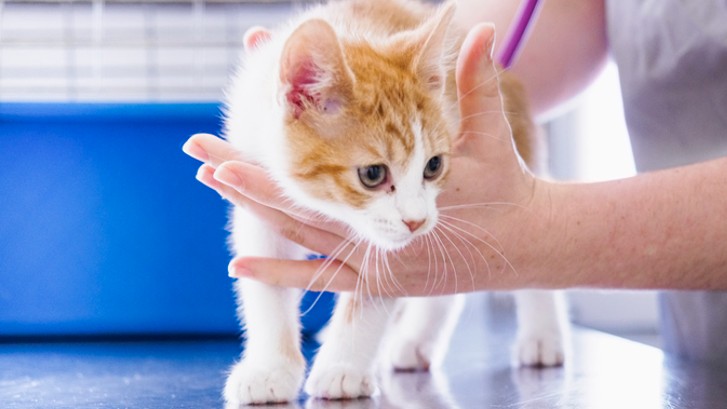
What to expect at a vaccine appointment
In every case, a vaccination appointment will involve a full health check by the veterinarian. “At their first vaccine appointment, your veterinarian will discuss neutering, parasite control, and nutrition,” Dr Godfrey says. “They'll also answer any questions that you might have about caring for your new bundle of joy.”
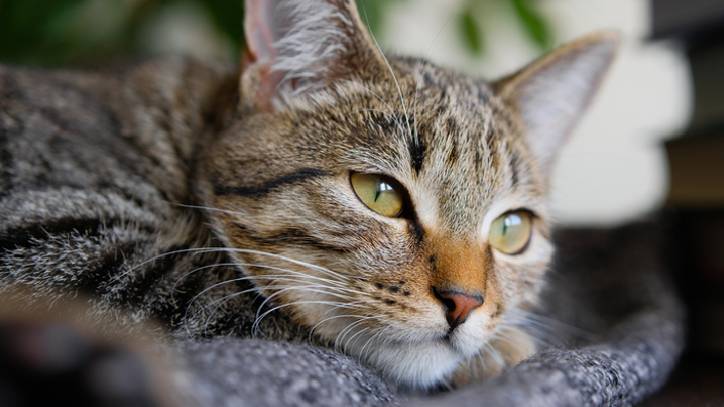
Are kitten vaccinations stressful for your pet?
First of all, your kitten isn’t likely to know what’s about to happen but it’s natural for pet parents to worry. Veterinary staff are trained to put you and your furry friend at ease, however, and make the experience as pleasant as possible.
To make things easier, you could buy some of the best kitten toys or best kitten treats as a distraction and provide a kind and reassuring face. If there is a problem and you’re worried about anxiety in cats, then consider some calming sprays and place some clothing that smells of you in their carrier.
Do indoor kittens need vaccinations?
Short answer? Yes. Dr Godfrey points out that each cat or kitten's lifestyle is evaluated to decide which disease they need to be protected from. “But it’s still a good idea to vaccinate your indoor kitten, at least with the core vaccines,” she adds. “Remember, even if your kitten never goes outside, you or other pets could bring germs in from outside. Equally, if your cat escapes, or you just decide to start letting them out, they should be protected.”
Do I need to vaccinate an adult cat?
Vaccinations don’t stop when kittens grow older and become fully adult cats. Core vaccinations will need to be repeated every year to ensure that your cat is fully protected. “The extra benefit of a yearly vaccination is that it gives your veterinarian a chance to do a full health check on your cat, ensuring that they're fit and well,” says Dr Godfrey.
In general, you’ll be giving cats the FVRCP vaccine – a combination jab that treats Feline Viral Rhinotracheitis, Feline Calicivirus and Feline Panleukopenia. In many countries, you may also need to give an annual rabies vaccination (a vaccination every second or third year is sufficient in other countries). To be sure what will apply to you, check how often do cats need rabies shots?
Kitten vaccinations schedule
| Kitten Age | Core Vaccines | Non-Core Vaccines |
| 6 to 8 weeks | RCP (Herpes, Calicivirus, Panleukopenia) | Row 1 - Cell 2 |
| 10 to 12 weeks | RCP | FeLV (if tested negative) |
| 14 to 16 weeks | RCP, Rabies | FeLV (if tested negative) |
Is it too late to vaccinate my cat?
It’s never too late to protect your cat by vaccinating them. Even adult cats can receive a course of vaccines to give them the immunity they need.
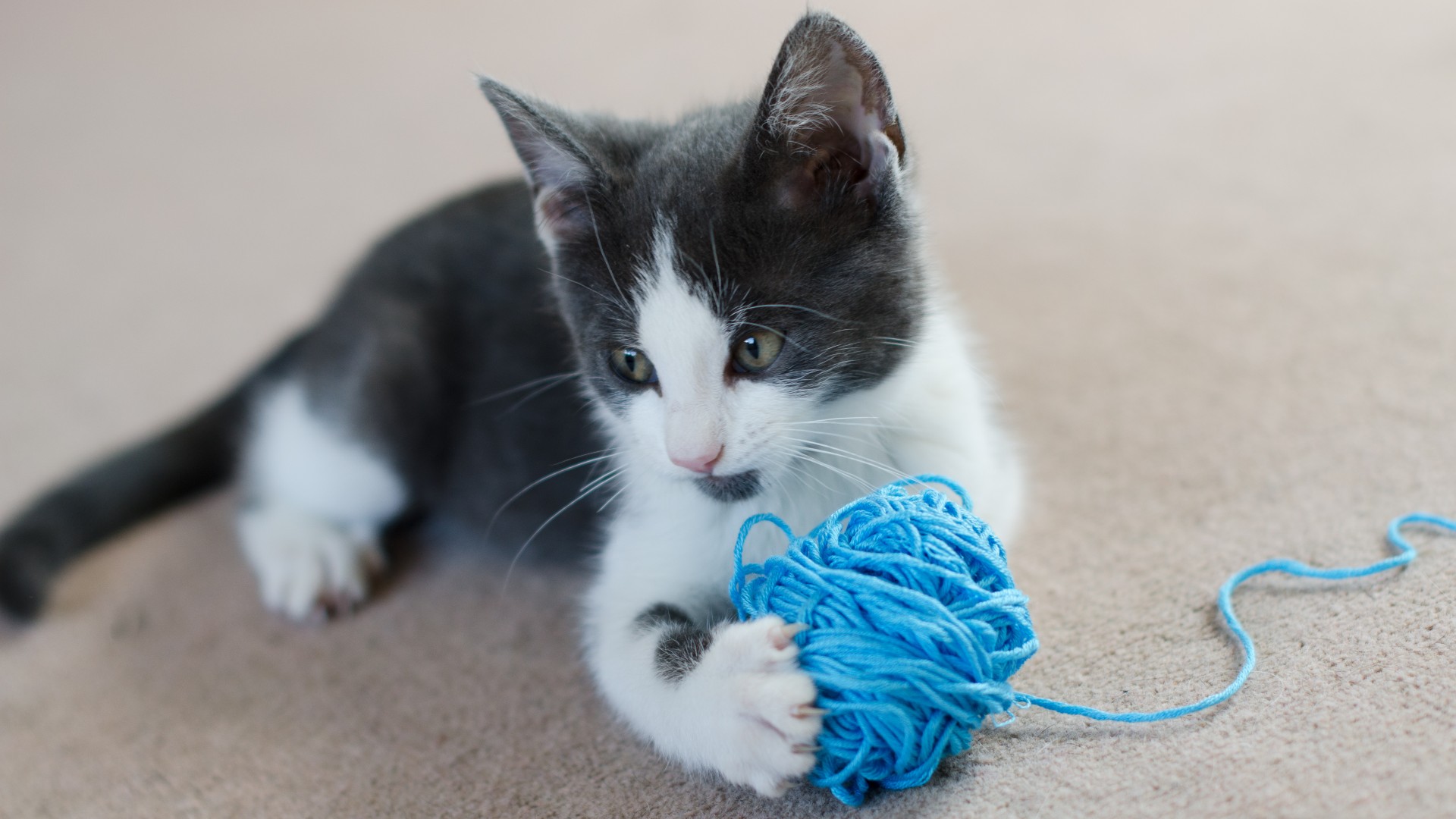
Potential side effects of vaccinations
Reactions to vaccinations are not common and millions of pets receive their vaccines every year with no problems. However, any drug or medication has the potential to cause side effects. The licensing authority monitors these side effects to ensure that the drug is safe to use.
“Luckily, most vaccine reactions are mild, including tenderness at the injection site or feeling a little off-color for a day or two,” Dr Godfrey says. “Vomiting and diarrhea can also occur. Occasionally, more serious side effects can occur, so it's crucial to speak to your veterinarian if your pet is unwell and has recently had a vaccine.”
Cost of vaccinations and neutering
The cost of cat and kitten vaccinations and neutering will vary depending on where you live and which vet clinic you use. If you have concerns about whether you’ll be able to afford to care for your kitten, speak to your veterinary team.
Found this article informative? Then you may be interested to learn more. Discover five ways to prepare for a new cat when adopting a kitten.
PetsRadar Newsletter
Get the best advice, tips and top tech for your beloved Pets
Dr Hannah Godfrey is a small animal vet who graduated from the Royal Veterinary College in 2011 and began work straight away at a busy mixed practice. Initially, she treated all species, but focussed on small animals from 2014. She has a passion for soft tissue surgery, ultrasound, and canine and feline dentistry, having completed additional training in these areas.

